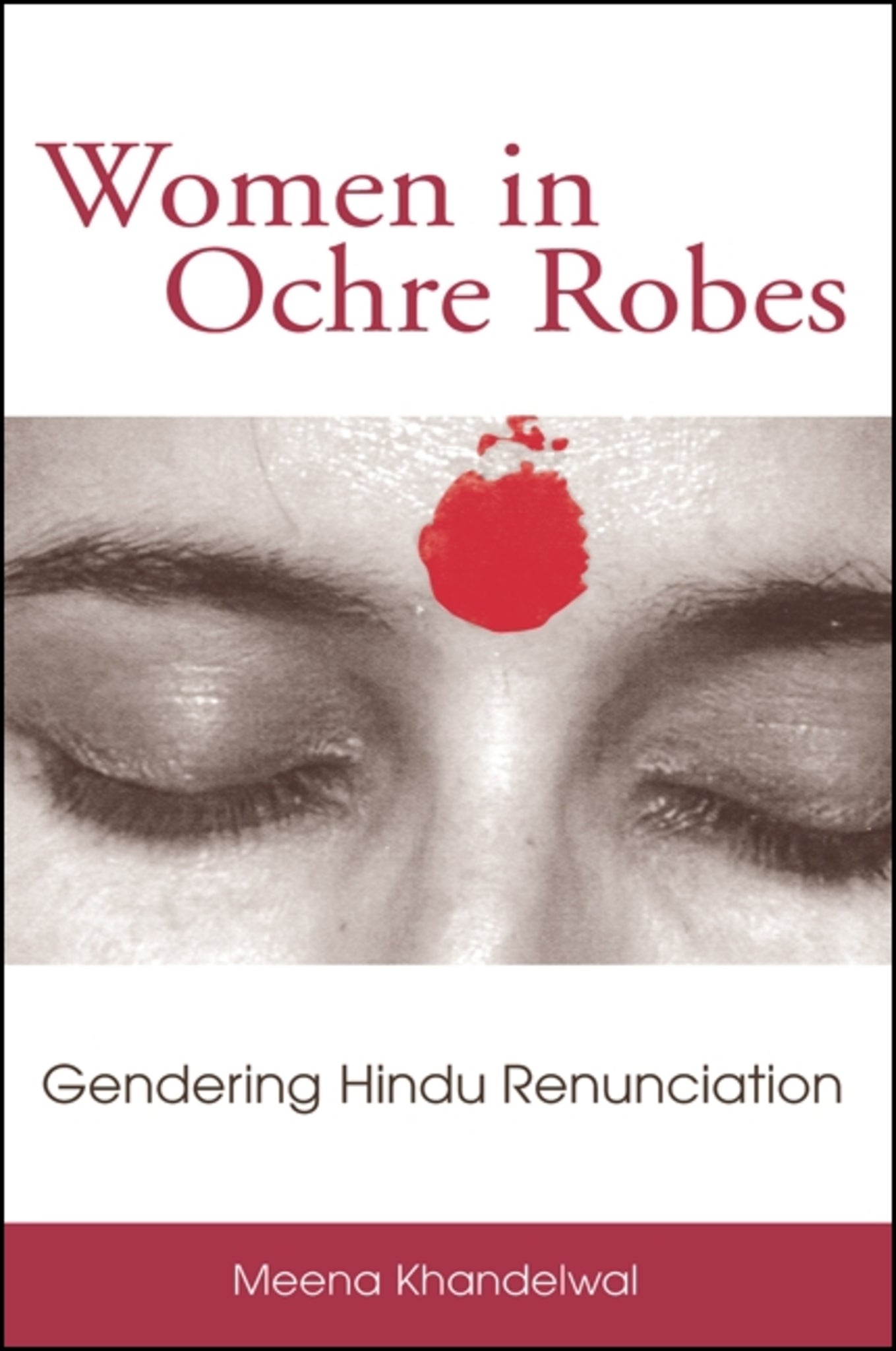We're sorry. An error has occurred
Please cancel or retry.
Women in Ochre Robes

Some error occured while loading the Quick View. Please close the Quick View and try reloading the page.
Couldn't load pickup availability
- Format:
-
23 October 2003

Focuses on the lives of female Hindu ascetics and the significance of gender to the tradition of renunciation.
Meena Khandelwal offers an engaging and intimate portrait of extraordinary Hindu women in India who wear "ochre robes," signifying their renunciation of marriage and family for lives of celibacy, asceticism, and spiritual discipline. While the largely male Hindu ascetic tradition of sannyasa renders its initiates ritually "dead" to their previous identities, the women portrayed here are very much alive. They struggle with, and joke about, the tensions and ironies of living in the world while trying not to be of it.
Khandelwal juxtaposes the common refrain that "in renunciation there is no male and female" with arguments that underscore the importance of gender. In exploring these apparent contradictions, she brings together worldly and otherworldly values within renunciation and argues that these create tensions that are at once emotional, social, and philosophical.


Acknowledgments
Note on Transliteration
Introduction: Sannyasinis as Persons
1. Gendering Hindu Renunciation
2. Walking a Tightrope: Renunciation as Love
3. Real Saints Don't Need Sleep: Renunciation as Service
4. (Ir?)reconcilable Tensions: Individual Existence as Spiritual Journey
5. The Genuine and The Fake: What's Attitude Got to Do with It?
6. Sannyasinis as Women
Notes
Glossary
Works Cited
Index



